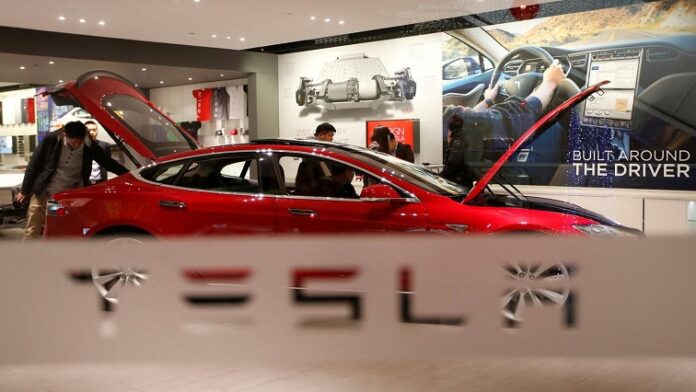Tesla’s sales of electric vehicles continued to fall across major markets in May, as the U.S. automaker faced intense price competition in China and weakening demand in Europe.
In China, Tesla’s sales of locally made Model 3 and Model Y vehicles dropped 15% year-on-year to 61,662 units in May, according to data from the China Passenger Car Association. While that was a 5.5% increase from April, it marked the eighth straight month of annual declines.
To boost sales, Tesla added its cars to a government-backed rural EV promotion campaign for the first time this year. It also offered free transfers of smart assisted driving features to new vehicles in China through the end of June.
The company is under pressure from a growing number of cheaper, high-performance models from Chinese rivals, especially BYD.
The Chinese government has urged automakers to stop price wars, but companies including BYD, Geely, and Chery continued to offer fresh discounts in May. BYD, Tesla’s biggest rival, sold 376,930 vehicles globally in May, up 14.1% from a year earlier, although the growth slowed from April’s 19.4%.
In Europe, Tesla’s sales also dropped sharply. In Germany, Tesla sold 1,210 cars in May, down 36.2% from the previous year, even as the country’s overall electric car sales jumped 44.9%. BYD’s sales in Germany reached 1,857 units, up nearly nine times from a year earlier.
In the UK, Tesla’s sales fell more than 45% in May to 1,758 units, from 3,244 a year earlier, according to preliminary data from New AutoMotive. Still, the company remained the top-selling battery electric vehicle brand in Britain so far this year. Overall BEV sales in the UK rose 28% last month.
Tesla has blamed the decline on a sellout of older Model Y units while awaiting deliveries of a new version from its Berlin factory. The updated Model Y has already launched in Norway, where sales have improved, and deliveries are expected in other European markets in June.
In Italy, Tesla’s May sales fell 20%, while overall EV sales in the country jumped 40.8%.
Tesla’s shrinking market share has been linked to growing competition and concerns over CEO Elon Musk’s political views, which have turned off some European customers. Despite efforts to refresh its product lineup, the company faces strong headwinds from both legacy automakers and emerging Chinese brands.




